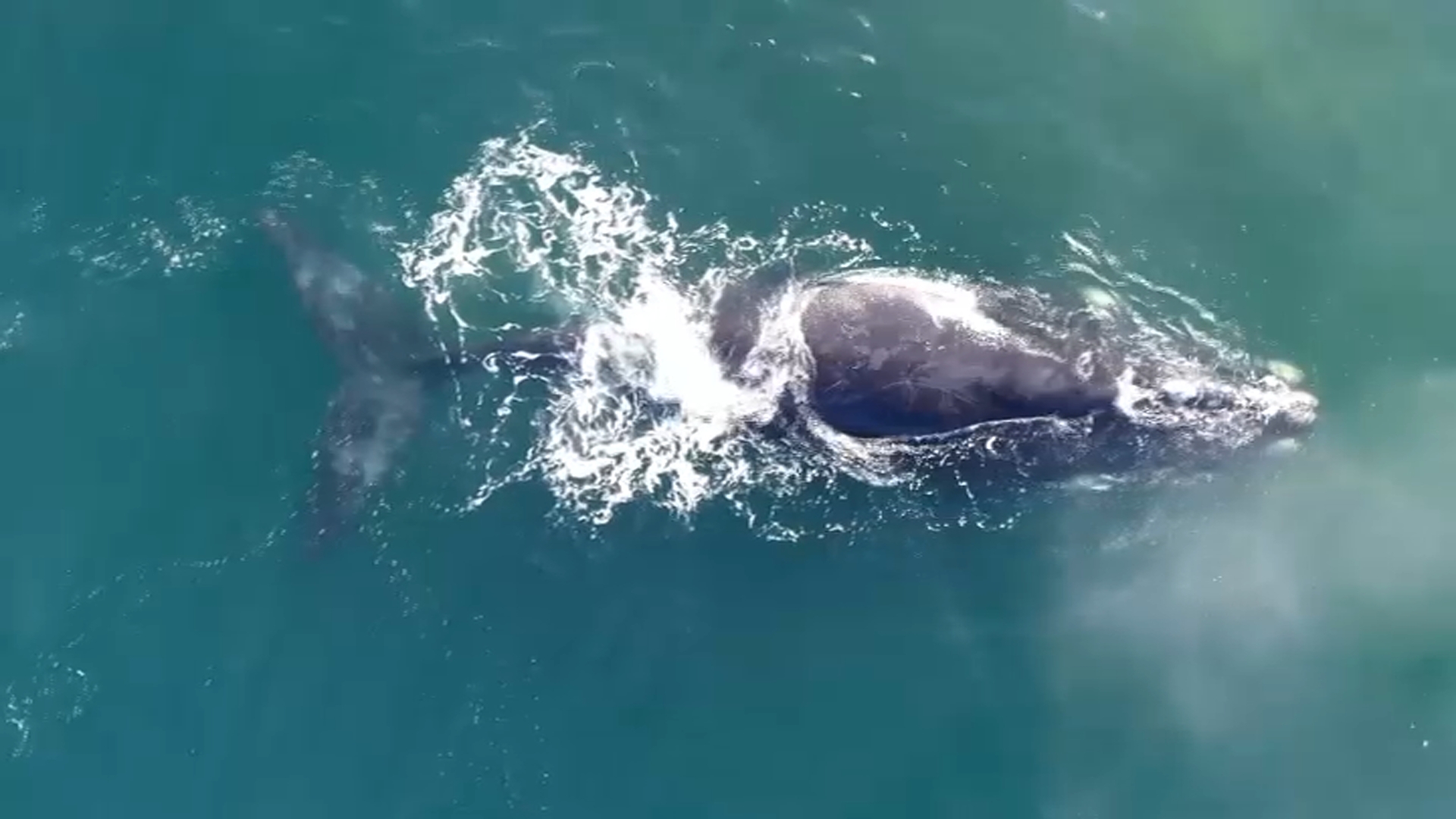An alarming number of sea turtles are stranded in Cape Cod Bay every winter and wash up on our shores barely alive.
Every year, more and more sea turtles are coming to our waters to feed in the summer months.
Cape Cod Bay, which is part of the Gulf of Maine, is one of the fastest-warming bodies of ocean water on earth.
Those warmer waters are ideal for sea turtles and the food they eat.
Get Boston local news, weather forecasts, lifestyle and entertainment stories to your inbox. Sign up for NBC Boston’s newsletters.
"So this turtle is Saffron Number 753, so it was a 753rd turtle that came to the aquarium," said Dan Kennedy, rescue and rehabilitation manager at the New England Aquarium's sea turtle hospital in Quincy.
This is where sick sea turtles come when they're trapped in Cape Cod Bay in the winter months.
Climate 2022
Because they're cold-blooded, they become hypothermic, or cold-stunned, when the water temperatures drop in October and November.
When the turtles wash up on the beach, rescuers bring them to the hospital, run by the New England Aquarium.
"The lungs still don't look great compared to the some of the other turtles that we have in rehab," said Kennedy.
Saffron, a Kemp's ridley turtle, was found on a beach near Truro back in December and is still recovering from pneumonia.
Ten years ago, this hospital was seeing 40 to 50 sea turtles a year. Now they're averaging over 500 each season.
Dr. Kara Dodge, a research scientist with the New England Aquarium, says they're seeing more sea turtles in Cape Cod Bay and the Gulf of Maine because of rising sea temperatures.
"So sea turtles have a preferred temperature regime, and the Gulf of Maine, in the past, used to be at the lower end of that — was a little bit cool. And now, with the warming temperatures, especially the rapid warming in the Gulf of Maine, those temperatures in the summer and fall are ideal for sea turtles," she said.
The Gulf of Maine, which stretches from Cape Cod Bay up to Nova Scotia, is one of the fastest-warming bodies of ocean water on Earth. Last year, the Gulf of Maine Research Institute said it recorded the highest average temperature ever, at 54 degrees Fahrenheit, more than 4 degrees higher than normal.
Dodge says the rising ocean temperatures are also having an effect on how these turtles breed. She says warmer waters produce more females.
"So we are seeing more female-dominated nests, and the concern is that there will not be, potentially in the future, enough males to keep these populations viable. Scientists are very concerned about that," said Dodge.
It was lunchtime when we visited, and they were feeding the turtles calamari and pieces of fish that had the bones removed. That's because their digestive systems are still recovering.
Kennedy expects the numbers of sea turtles coming into this hospital to increase in the coming years.
"There's a paper out there that's talking about, 'Yeah, in the next eight years, we're probably looking at 2,000+ turtles," said Kennedy.
It will be months before they'll be released back into the ocean. The water temperature off Cape Cod needs to be warm enough for them to migrate south. Ten years ago, that was done in August. Now, due to the warming waters, they can be released in late June and early July.



